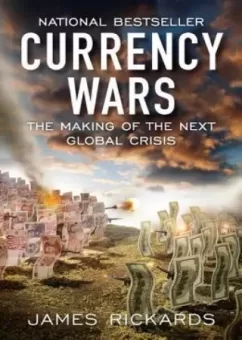The Eurasian Theater
If the relationship between the euro and the dollar can be described as codependent, the relationship between the euro and the yuan is simply dependent. China is fast emerging as a potential savior of certain peripheral European economies such as Greece, Portugal and Spain based on Chinese willingness to buy some of their sovereign bonds in the midst of the European sovereign debt crisis. However, Chinese intentions toward Europe and the euro are based on self-interest and cold calculation.
China has a vital interest in a strong euro. The European Union surpasses the United States as China’s largest trading partner. If European turmoil were to result in countries such as Greece or Ireland leaving the euro, those countries would return to their former currencies at greatly devalued rates relative to the yuan. This would badly hurt China’s exports to parts of Europe. China’s interest in supporting the euro is as great or greater than its interest in maintaining the yuan peg against the dollar.
China’s motives in Europe include diversifying its reserve position to include more euros, winning respect or friendship among the European countries that it assists directly with bond purchases, and gaining a quid pro quo in connection with such purchases. This quid pro quo can take many forms, including direct foreign investment in sensitive infrastructure such as ports and power generation, access to sensitive European technology and the ability to purchase advanced weapons systems normally reserved for NATO allies and friends such as Israel. China’s interests in supporting the euro are not at all adverse to those of Germany, even though Germany and China compete fiercely for export business around the world.
By buying sovereign bonds from peripheral European states, China helps Germany to bear the costs of the European bailouts. By helping to prop up the euro, China helps Germany avoid the losses it would suffer if the euro collapsed, including catastrophic damage to German banks. It is a no-lose situation for China and one that secures its Eurasian flank while it fights the United States head-on. China’s main front in the currency wars is the United States, and it has so far avoided a conflagration on the Eurasian front. This is due both to European weakness and Chinese finesse.
The United States likewise supports the euro, and for the same reasons as China: a catastrophic collapse of the euro would weaken its value relative to the dollar and hurt U.S. exports that compete with European exports in markets of the Middle East, Latin America and South Asia. China and the United States not only want the euro to survive; they also want to see it gain strength relative to the dollar and yuan in order to help their own exports. Europe, China and the United States are united in their efforts to avoid a euro collapse despite their mixed motives and adversarial postures in other arenas.
This much unity of purpose probably means that the euro will muddle through the current crisis and remain intact for the foreseeable future, despite potential bond restructurings and austerity plans. Whether this balancing act can be continued and whether China’s charm offensive in Europe will be maintained remains to be seen. If the euro actually does collapse, China could suffer massive losses on its bond positions, a revaluation of the yuan and lost exports all at the same time. China may yet come into confrontation with Europe on a number of issues, but for now it is all quiet on China’s western front.



